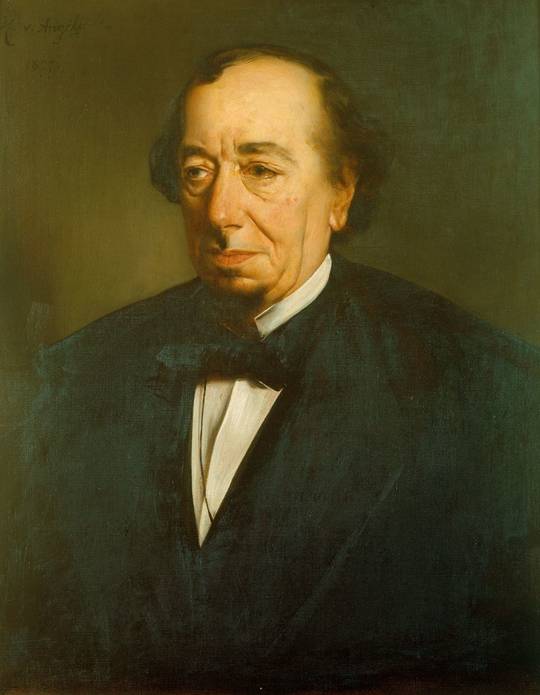Disraeli (1804-81) was a brilliant parliamentary orator, whose invective did much to remove Peel over the Corn Laws, but as prime minister he can be summed up as an Arch-Mediocrity, the epithet he applied to Liverpool in his 1844 novel “Coningsby.” His first short term in 1868 achieved nothing other than a massive and unexpected election loss based on the new franchise he had defied party principle to institute.
Disraeli’s second term included the purchase of the Suez Canal, a useful move that secured British communications for the next 80 years, and a flashy foreign policy “triumph” at the Congress of Berlin that gained Cyprus but not much else. His colonial policy led to British over-extension, with defeats in Afghanistan and South Africa in 1879-80. Domestically, the Disraeli government’s achievements included some modestly useful domestic reforms and one disaster, the Trades Disputes Act of 1875, which by giving trades unions legal immunity poisoned British industrial relations for the next century.
Economically, Disraeli’s second term was blighted by the post-1873 downturn, which he failed to alleviate or understand; economics was not his strong point. By the end of his second term, following the protectionist German tariff of 1879, it should have been obvious that unilateral free trade was now devastating British agriculture and doing long-term damage to its industrial position, but Disraeli failed to return to the protectionism he had espoused before 1852.
Disraeli’s second term in office suffered the first few bumps on the smooth Victorian road, which he failed to address. He was a below-average prime minister, who should rank no higher than 30th. As a novelist, he was amusing, albeit ideologically misguided.
